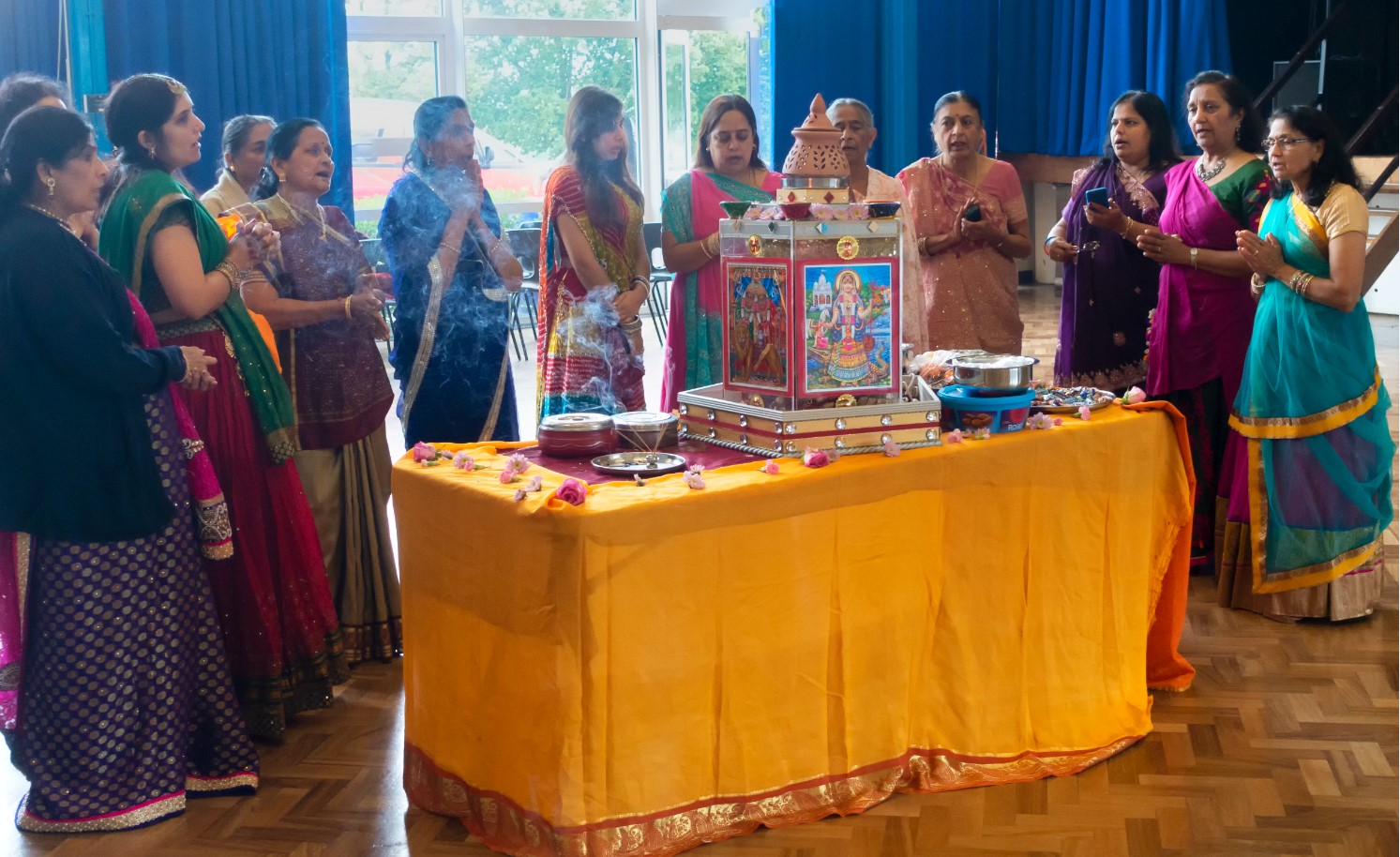JANMASHTAMI
Krishna Janmashtami commemorates the birth of Krishna, a revered figure in Hinduism. Many Hindus view Krishna as an avatar of Vishnu, the supreme incarnation, with all other deities being his manifestations. Krishna is not only seen as a divine hero and warrior but also as a teacher and philosopher. His teachings and tales have resonated with countless followers, marking him as a central figure in the Hindu faith. The festival falls eight days after Raksha Bandhan in the month of Sravana, spanning two days of celebration. The first day is known as Krishna Ashtami, leading to the climax on the second day, popularly called Janmashtami. These festivities reflect the deep-rooted love and reverence for Krishna, showcasing the blend of devotion and cultural richness in Hindu traditions.
.png)


